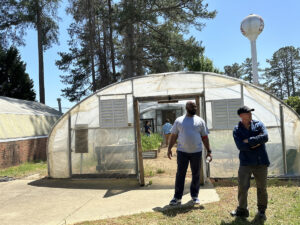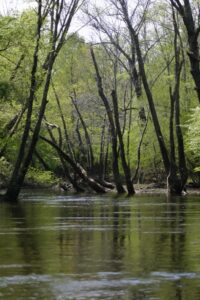News
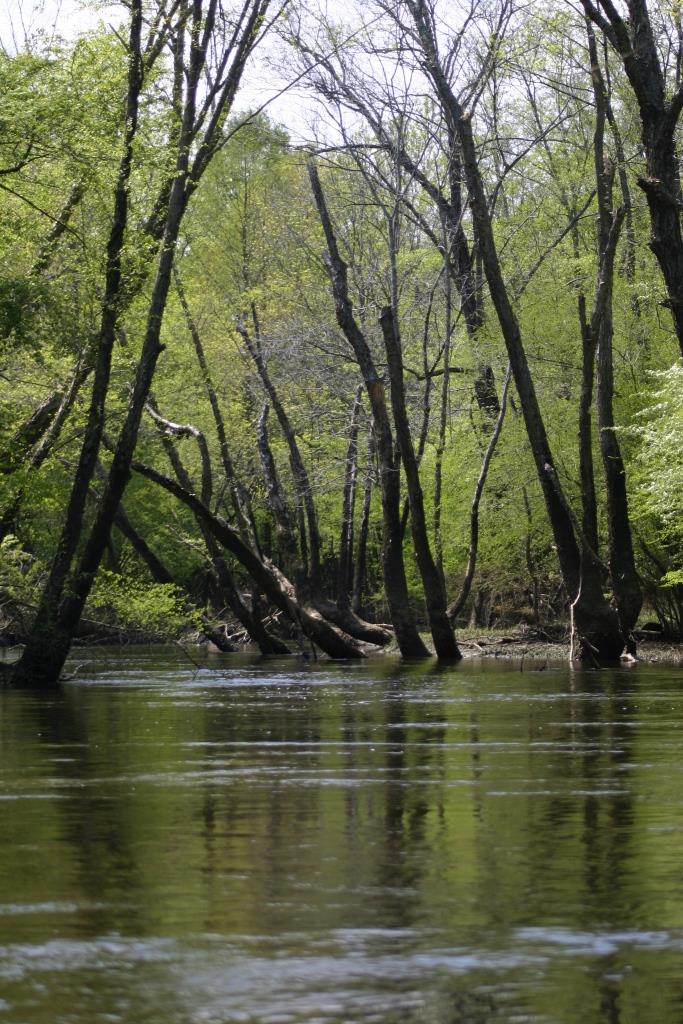
Notice: Undefined index: file in /nas/content/live/soundrivers/wp-includes/media.php on line 1723
By Matt Butler,
We live in a bigger and better world, but when it comes to the streams and tributaries of the upper Tar River, small matters.
Less than an hour from the most bustling, urban environs of the Raleigh-Durham area flows a small stream of rare beauty and purity, a place where canopies of beech trees soar over rocky banks and gurgling waters. Wood ducks paddle through serene pools and a wide diversity of fish, mussels, and other water species thrive.
This secluded spot is Swift Creek, a place where few venture today. Too small to be navigated by powerboat and daunting for many paddlers due to the number of fallen trees and other obstacles, , it is an oasis of tranquility in a busy world. A place where the Native American Haliwa-Saponi tribe hunted, and where the initials of Civil War soldiers can still be found carved in trees.
But Swift Creek is more than just a scenic getaway. Beyond providing water, small streams also are instrumental in cleaning it. The aquatic creatures that reside there are part of a fragile, yet powerful link to maintaining clean water; water that as it flows downstream provides the source of drinking water for hundreds of thousands of people.
In many respects, Swift Creek and Fishing Creek, a slightly larger stream to the west, are nondescript Piedmont streams, found in the Upper Tar River watershed, and similar to countless others that lattice North America’s southeastern woodlands, a National Wildlife Federation report asserts. But their treasures are certainly remarkable.
Both streams and their watersheds are high-quality environments where an array of rare mussels and fish species, along with at least one one rare amphibian species and two rare birds, can be found. Swift Creek and Fishing Creek support some of the most extensive and best populations of the rare mussels found anywhere on the eastern United States.
The presence of so many rare species in the Upper Tar, along with its streams’ vital role in natural water cleansing, makes the protection of this area vitally important. It is an endeavor to which Sound Rivers and the Pamlico-Tar Riverkeeper are devoted. Especially in a time when protections for small streams, like Swift Creek, are in jeopardy due to federal and state government rollbacks of clean water standards.
Our Riverkeeper and Program Director work diligently to keep a pulse on the health of the Upper Tar through partnerships and advocacy activities. Sediment and nutrient pollution from developing areas near? these streams can threaten the health of their waters. In response, Sound Rivers is a member of the Upper Tar Collaboration which is working to build partnerships and programs to ensure the Upper Tar, and the many benefits it provides, is protected, even in a time of rapid development. Sound Rivers also endeavors, in the Upper Tar, to fight nutrient pollution from both urban and agricultural sources through stormwater treatment projects and education activities.
The upper Tar is irreplaceable, and Sound Rivers is dedicated to education, advocacy, preservation and and restoration efforts to safeguard this treasure in our midst.
2018 Regional Water Focus
Each year, the Sound Rivers’ staff identifies a theme to weave throughout the newsletters. This year we will take a regional approach and highlight the four different areas of our river basins: The Tar River, the Pamlico River, Upper Neuse, and Lower Neuse. Each of the next four newsletters will give our readers a better understanding of the region Sound Rivers’ is working to protect. We’ll cover the health of the region, interesting facts and species, advocacy concerns, and more.
Related News

Riverkeeper weighs in on Raleigh tap-water woes
April 25th 2024
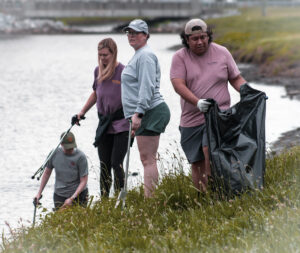
Small cleanup, with a big impact
April 25th 2024

New math moves parts of the Pamlico off impaired waters list
April 25th 2024
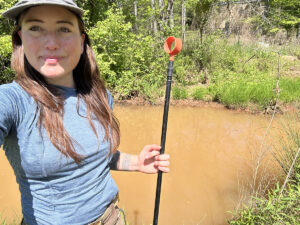
Durham turns down Lick Creek development
April 25th 2024
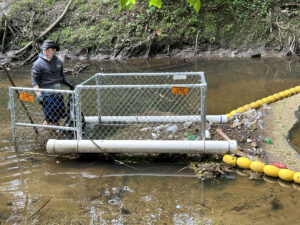
Scout earns volunteer hours with trash trap cleanout
April 25th 2024
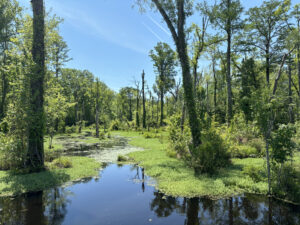
Boat day a Blounts Creek exploration
April 25th 2024
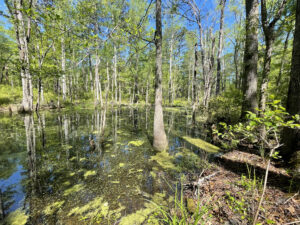
Tell NC to restore wetlands protections!
April 19th 2024
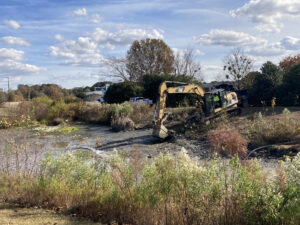
Position available: Stormwater Education Coordinator
April 18th 2024
